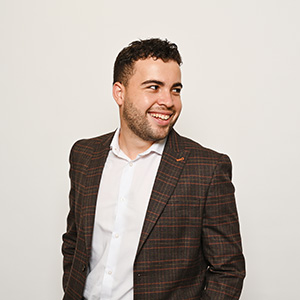Below is a list of the most frequently asked questions we are asked at PIA Wealth Management.
For more information and to find out how we may be able help you with your own individual situation please contact us and arrange an appointment. We always offer the first meeting with new prospective clients at our own expense.
What happens if I die without a Will?
Research suggests that nearly 70% of parents with young children have not written a will and even 40% of people over 50 have not got round to it as yet. Successful completion ensures there is adequate financial provision for dependents, as well as specifying who should care for them in your absence. If you die without a will then assets are distributed according to the rules of intestacy. This means partners may get nothing, and even a spouse may not receive what they might expect.
Those who do try to organise matters themselves often make fundamental mistakes and this can cause many problems just at a time when this is extremely upsetting and in many cases very sensitive.
How can I protect my Inheritance?
We all want to protect the wealth we have generated throughout our lifetime and having duly paid all our taxes during life there is a desire to then protect what has already been accumulated and taxed at our date of death. The main reason is to be able to pass back our hard earned wealth to family members and loved ones so that they can benefit from your hard work.
What happens if I exceed the Lifetime allowance?
In a nutshell you will pay tax on the excess at 55% if you take the excess in a lump sum or 25% if you take the excess by way of a pension. You can save as much as you like towards your pension but there is a limit on the amount of tax relief you can get. The lifetime allowance is the maximum amount of pension saving you can build up over your life that benefits from tax relief. If you build up pension savings worth more than the lifetime allowance you'll pay a tax charge on the excess as covered above.
Like all of these situations it is never quite as straightforward as it sounds and certainly if you are a professional person with a superannuation scheme, how do you convert this pension to a figure that relates to the current allowance of £1m?
Doctors, dentists and other high earners are generally affected by these restrictions and therefore it is imperative that you seek professional advice in this very complex area.
What should I do with my large ISA funds?
Every person over the age of sixteen and living in the UK can save money in an ISA and this allows investors to shelter money from the taxman. Ordinarily, returns on savings and investments are subject to income or capital gains tax but money held within an ISA is generally considered to be tax-free. However many investors are unaware that their ISA fund is actually subject to the tax credit on dividend income received by the fund which is not recoverable. Cash and fixed interest funds are deemed to receive interest rather than dividends and so a 20% tax credit is recoverable in those circumstances but it would probably be more accurate to describe ISA's as 'tax friendly' rather than 'tax free'.
There are two types of ISA: a stocks and shares ISA and a cash ISA. Cash ISAs are like any other standard savings account, but with one fundamental difference: you don't pay tax on any interest you earn.
Large ISA pots are now being accumulated as this investment vehicle has now been around for many years and as fund sizes continue to grow year on year so does the likelihood of Inheritance tax implications on death.
































